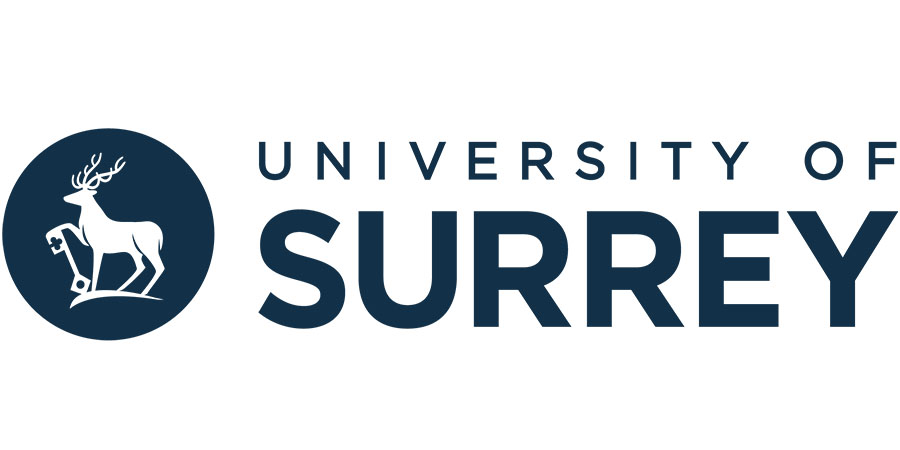PhD Studentship: Leverhulme Doctoral Scholarship in AI-Enabled Digital Accessibility (ADA)
University of Surrey
| Qualification Type: | PhD |
|---|---|
| Location: | Guildford |
| Funding for: | UK Students, EU Students, International Students |
| Funding amount: | Fully funded 4 year studentship (48 months of full-time study) covers home or international tuition fees, maintenance at UKRI base levels (£20,780 for 2025/26) and £10,000 to support research and training needs |
| Hours: | Full Time |
| Placed On: | 28th March 2025 |
|---|---|
| Closes: | 7th April 2025 |
| Reference: | PGR-2324-112 |
Digital media is central to our engagement with public information, news, government services, healthcare, finance, education, culture and entertainment, and facilitates communication and social interaction. Ensuring accessibility to digital media is crucial. However, accessibility can be difficult to achieve because engaging with digital media often involves complex language-based and/or multimodal interactions that require all senses. This becomes more difficult when a modality or language a user understands is not accessible. To bridge this gap, different forms of translation are employed, across different modalities, by translating speech into subtitles or sign language, standard text into a simpler version or visual content into a verbal description, or across languages, e.g., translating into a minority language.
With the increase in digital content, accessibility needs cannot be met by human resources alone. The ADA network will enable doctoral researchers to leverage AI in the context of digital accessibility. Acknowledging that language, sound, and vision continue to present challenges for AI, ADA will equip graduates with the skills to develop human-centric AI-enabled solutions that preserve accuracy, narrative coherence and other quality parameters in digital content.
Key research themes:
- AI for Audiovisual Accessibility
- AI for Speech-to-Text Accessibility
- AI for Text Simplification and Comprehension
- AI for Cross-Language Accessibility
- AI-Enhanced Assistive Communication Technologies
- AI for Personalising Accessible Communication
You will have the opportunity to develop a project under one of the above themes, working across disciplines such as language, translation, media accessibility and design studies, in combination with engineering, computer science, cognitive and social science. You will enhance your understanding of accessibility as a core concept and explore diverse research methods, combining advancements in AI with human expertise, to deliver and implement personalised accessibility solutions.
Supervisors: Professor Sabine Braun, Professor Philip Jackson, Dr Elena Davitti, Professor Constantin Orasan, Professor Christine Hine You can view the full list of supervisors here: AI-Enabled Digital Accessibility (ADA) PhD research course | University of Surrey.
Entry requirements
Open to UK or international candidates.
You will need to meet the entry requirements of our PhD programme.
How to apply
Complete our online application form.
In addition, you must email the following documents to cts@surrey.ac.uk; putting ‘ADA expression of interest’ and your name in the subject line.
1. A research proposal for one of the above research projects, structured as follows:
- Number of the research theme you are addressing
- ‘My take on the theme’
- Research questions
- Theoretical framework
- Methodologies
- Significance of the research.
Word limit: 1,000 words
Document name: YourLastName_YourFirstName_RP
2. An applicant motivation letter that:
- Demonstrates your fit to project
- Highlights your career development aims.
Word limit: 500 words
Document name: YourLastName_YourFirstName_ML
3. Your CV
Page limit: Max. 2 pages; including your academic qualifications
Document name: YourLastName_YourFirstName_CV
Shortlisted candidates will be invited to an online recruitment workshop in April/May 2025 designed to select balanced cohorts of applicants best suited to benefit from the ADA PhD training and contribute to multi-disciplinary teamwork to address real-world accessibility challenges.
Funding
Fully funded 4 year studentship (48 months of full-time study) covers home or international tuition fees, maintenance at UKRI base levels (£20,780 for 2025/26) and £10,000 to support research and training needs.
Application deadline: 07/04/2025
Enquiries
Professor Sabine Braun s.braun@surrey.ac.uk
Aimee Savage aimee.savage@surrey.ac.uk
Ref: PGR-2324-112
Advert information
Type / Role:
Subject Area(s):
Location(s):









